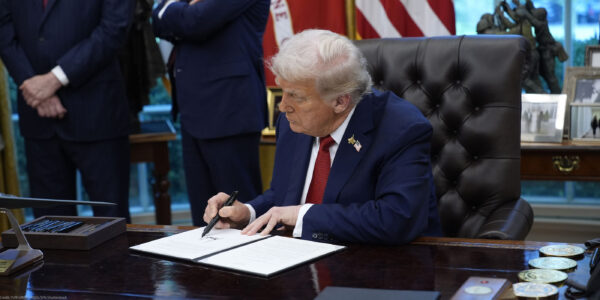It looks like the NSA eavesdropping program involved a larger-scale data-mining effort than the White House has suggested in its statements to date, reportedly including the cooperation of American telecommunications companies. Significantly, the technology sounds a lot like the concept behind Total Information Awareness, the vast data-mining system the government abandoned after widespread public opposition.
The spying scandal has now also swept up the Alito nomination and the inquiry into Judge Alito's record. This Post article mentions Alito's work at the solicitor general's office in the Reagan administration, where he argued that officials have absolute immunity when they act in the name of national security, even if it involves illegal activities like the warrantless wiretapping of American citizens. For tactical reasons, however, he argued that, while absolute immunity ought to be the law, a more measured argument would be more persuasive in the case at issue.
The Times, however, cites earlier positive statements by Alito about court review of national security decisions.
Also, a key Op-Ed in yesterday's Post by former Majority/Minority Leader Tom Daschle, recounting how and why Congress the rejected expansive language for the 9/11 authorization of force resolution originally proposed by the White House. You can read more about Alito and civil liberties in the ACLU's own newly released report on the nominee.
Last, a great entry on true meaning of the Fourth Amendment, by Professor Geoffrey Stone on the University of Chicago's faculty blog:
... even when the government believes there is probable cause, which is not required by Bush's unlawful scheme, there is the critical question of who decides whether there is probable cause in any given situation. Because executive branch officials are naturally focused on zealous law enforcement, they will inevitably construe "probable cause" too generously. and find it too quickly. For this reason, the Framers required a court order, reflecting an independent judgment by a separate branch of the government, to determine whether probable cause exists. For King George to take this authority entirely into the hands of the executive branch is a flagrant violation of the Fourth Amendment.


